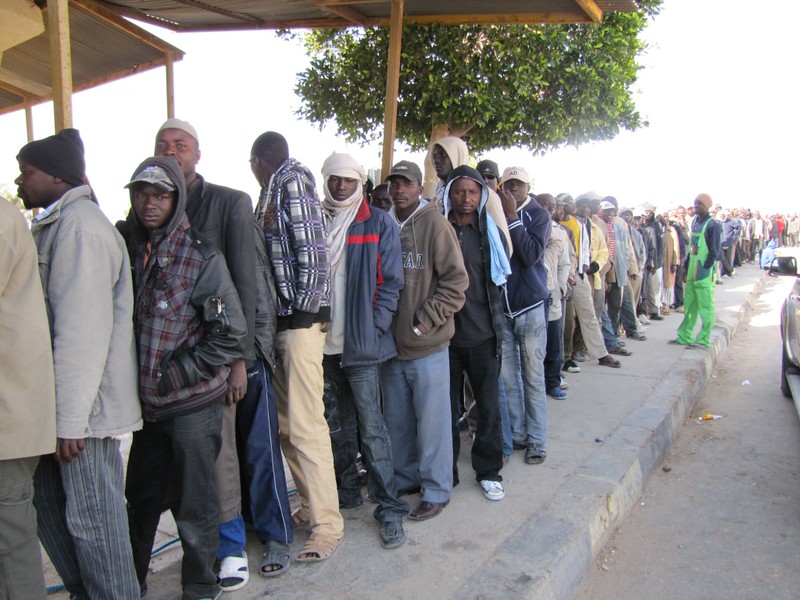Poverty among Migrant Workers in Singapore
 For many people, dorm rooms evoke memories of sharing close quarters in college or the halcyon days of summer camp. However, in Singapore, dorm rooms mean something very different: the cramped and inhumane living conditions of the migrant workers who form the backbone of Singapore’s economy.
For many people, dorm rooms evoke memories of sharing close quarters in college or the halcyon days of summer camp. However, in Singapore, dorm rooms mean something very different: the cramped and inhumane living conditions of the migrant workers who form the backbone of Singapore’s economy.
About Migrant Workers in Singapore
Migrant workers, primarily from China, Indonesia, the Philippines, India and Bangladesh, compose 38% of Singapore’s labor force and play a particularly crucial role in the construction, manufacturing, maritime and service industries. A particularly large contingent of these foreign workers are classified as migrant domestic workers (MDWs). These workers, who are predominantly female and make up 4.4% of Singapore’s population and 7.3% of its labor force, are particularly vulnerable to domestic abuse and overworking.
Unhealthy Living Conditions
Human Rights Watch has reported that up to 20 workers are packed into the same room and forced to share a single bathroom. These cramped living conditions are often unsanitary and proved particularly hazardous during COVID-19 when strict government lockdowns forced workers to remain in hot, crowded dorms that lacked proper ventilation. In the early days of the pandemic, 90% of Singapore’s COVID-19 cases were among migrant workers.
Migrant workers in Singapore often find themselves in precarious positions because their work permits and legal status in the country are tied to their employers. Foreign domestic workers are especially vulnerable to exploitation because they are excluded from many labor protections, including paid days off and limits on working hours. In addition, foreign workers are barred from organizing and taking part in labor unions.
The International Labor Organization (ILO) has also found a concerning decline in positive attitudes toward migrants, even toward the foreign domestic workers that many Singaporeans come into personal contact with every day.
Solutions
Despite the many challenges facing migrant workers in Singapore, various nongovernmental organizations (NGOs) are working to address these issues. Its Raining Raincoats is a charity focused on providing services for migrant workers in need, with the broader goal of ensuring that they are welcomed and integrated into Singaporean society. The charity runs various welfare programs that ensure migrants have access to dental and vision care and assist them with salary and employment issues. It also provides English language, financial literacy and first aid classes. In 2023, the charity raised more than $1.2 million for migrant workers and distributed more than 650,000 essential items, including meals, bikes, phones and glasses.
Additionally, the Migrant Workers’ Center, established in 2009 as a collaboration between the National Trades Union Congress and the Singapore National Employers Federation, is an NGO that advocates for the uniform application of fair employment practices. It provides free legal advice, humanitarian assistance and peer support networks, among other services. It also offers an associate membership for just $6 a year, which allows migrants to access critical health and disability insurance in addition to benefits.
Despite public opinion and the dearth of substantive government action, these NGOs are working to improve the lives of migrant workers in Singapore.
– Josephine Koch
Josephine is based in New York, NY, USA and focuses on Politics for The Borgen Project.
Photo: Flickr
